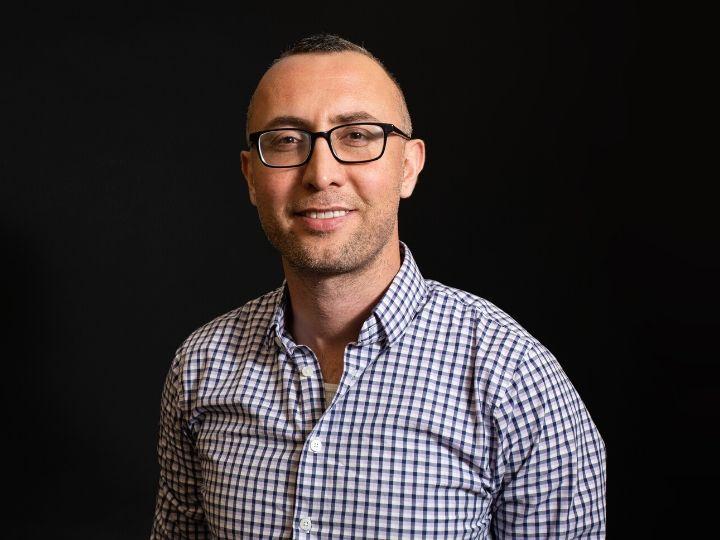UH researcher examines self-digestion mechanism in persister cells

Credit: University of Houston
A University of Houston engineering professor is examining the life cycle of stubborn, drug-resistant persister cells in recurrent infections to find a way to destroy them. Persister cells are non-growing cell subpopulations observed in many pathogenic bacteria and they certainly live up to their name – they persist, and are not phased in the least by current medications. Scientists believe they cause the recurrence of chronic health issues like airway infections in cystic fibrosis patients, urinary tract infections and tuberculosis.
“If we know how persister cells are formed, we can target their formation mechanisms to eliminate these dangerous cell types,” said Mehmet Orman, assistant professor of chemical and biomolecular engineering, who is using a $1.9 million grant from the National Institute of Allergy and Infectious Diseases to explore persister cells.
Orman believes that self-digestion, or autophagy, stimulates persister formation. In self-digestion, cells recycle essential energy molecules by eating their own protein, lipids or other bits to stay alive or temporarily survive under starvation conditions. Self-digestion is triggered by extracellular stress conditions, such as nutrient depletion, hypoxia and overpopulation.
Orman will map the self-digestion-related mechanisms in E. coli to understand how self-digestion is linked to persister cell formation. Then, he will therapeutically explore these mechanisms to identify chemical compounds that can eliminate persister cells.
“Mapping of this comprehensive bacterial pathway from its initial exogenous trigger, through its signal transduction, to the source of antibiotic tolerance, will enable us to develop affective anti-persister therapeutics,” said Orman.
Self-digestion inflicts damage on the cells and can make the cells dormant, putting them in a sleeping mode, and these dormant cells are not effected by antibiotics. The bacterium is less fit to produce protein and resume growth upon exposure to fresh nutrients, providing temporary protection against antibiotics until the self-inflicted damage is repaired.
From an evolutionary perspective, self-digestion is an important survival mechanism. This complex process, which is orchestrated by many regulatory proteins and enzymes, has been well documented in mammalian cells, but largely ignored in bacteria. “By integrating our expertise in bacterial cell biology with advanced current technologies, we aim to decipher the key components of this pathway to provide a clear and much-needed picture of bacterial self-digestion mechanisms,” said Orman.
Orman, himself, is persistent. Previously he developed methods to directly measure the metabolism of persister cells. He has also discovered that persisters are mostly derived from stationary-phase cells with high metabolic activities maintained by self-digestion.
###
Media Contact
Laurie Fickman
[email protected]
713-743-8454
Original Source
https:/




